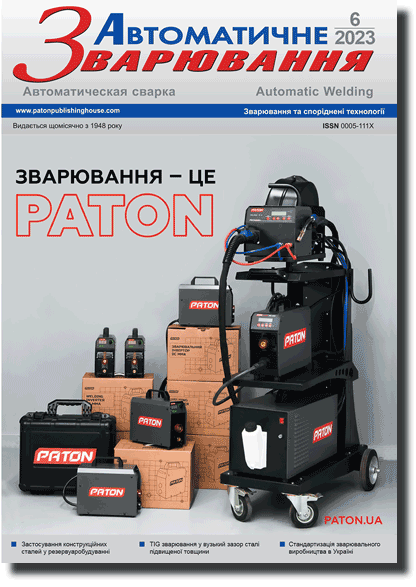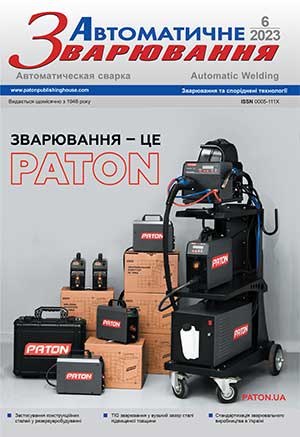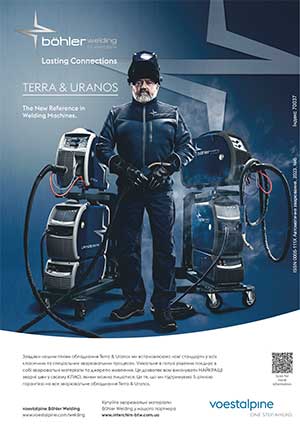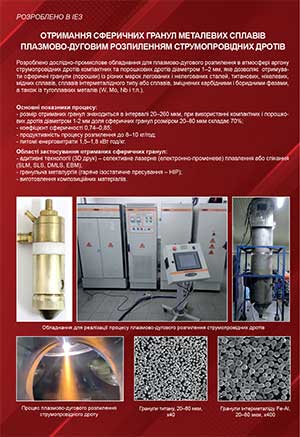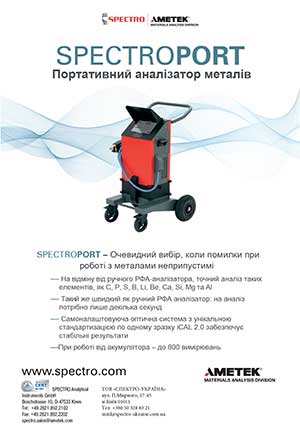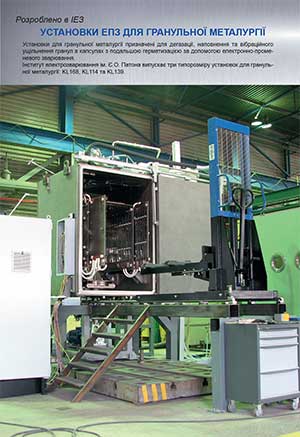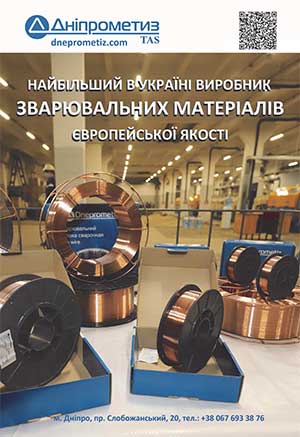| 2023 №06 (01) |
DOI of Article 10.37434/as2023.06.02 |
2023 №06 (03) |
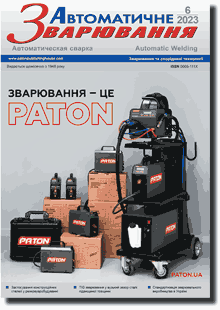
"Avtomatychne Zvaryuvannya" (Automatic Welding), #6, 2023, pp. 8-17
Application of structural steels in above-ground cylindrical tanks construction after normalized rolling
A.Yu. Barvinko, Yu.P. Barvinko, A.M. Yashnyk
E.O. Paton Electric Welding Institute of the NAS of Ukraine. 11 Kazymyr Malevych Str., 03150, Kyiv, Ukraine. E-mail: office@paton.kiev.uaThe work investigates the structure and ductility of sheet rolled steels of the strength class 355 and 420 in the plane X-Y. It is shown that the use of normalized rolling does not provide sheet rolled steel S355+N the state, which is equivalent to the state after normalization. As a result of carrying out normalized rolling, due to the additional compression of the sheet in the temperature region near the temperature Ac3, a banded structure is formed in steel, which has a high anisotropy of mechanical properties. The formation of such a fibrous structure leads to a brittle state of the metal in the plane X-Y at a design metal temperature. To prevent brittle layered fracture, it is necessary to use structural steels of the strength class S355 and S420, produced in accordance with the standard DSTU EN 10025-3:2007 in a state after normalization and limit the content of sulphur S ≤ 0.010 %. In the case of using the mentioned steels in the state after normalized rolling, it is recommended to use a metal with a thickness of not more than 15 mm, which will provide a safe service of a metal in welded assemblies over the direction of thickness. An additional criterion for stability of sheet rolled steels S355 and S420 to the brittle layered fracture, in addition to the rolled metal quality Z group, it is proposed to use such an indicator as impact energy, which is determined on the specimens with a V-shaped notch in the plane of rolling X-Y (along the sheet axis). 24 Ref., 10 Tabl., 3 Fig.
Keywords: structural steels of strength class 355 and 420, normalized rolling, lamellar-brittle failure, above-gound cylindrical steel tanks
Received: 03.04.2023
References
1. DSTU 8803:2018 Rolled plate from carbon steel of general quality Specifications [in Ukrainian].2. DSTU 8541:2015 High-strength rolled steel. Specifications [in Ukrainian].
3. Skorokhodov, V.N., Odesskij, P.D., Rudenko, A.V. (2002) Building steel. Moscow, Metallurgizdat [in Russian].
4. Biletsky, S.M., Golinko, V.M. (1983) Industrial production of oversized welded structures. Kyiv, Naukova Dumka [in Russian].
5. DSTU EN 10025-2:2007 Hot rolled products of structural steels. Pt 2: Technical delivery conditions for non-alloy structural steels.
6. DSTU ЕN 10025-3:2007 Hot rolled products of structural steels - Pt 3: Technical delivery conditions for normalized/normalized rolled weldable fine grain structural steels [in Ukrainian].
7. Matvienkov, S.A., Shebanits, E.N., Tarasenko, O.S. et al. (2012) Production of steel and rolled steel of S355…N grade for manufacture of metal structures for construction of NSC "Olimpiyskiy" in Kiev. Metal i Litio Ukrainy, 2-3 (225-226), 35-38 [in Russian].
8. Faria, R., Gorni, A., Matsubara, D. et al. (2019) Influence of the Normalizing Rolling Parameters on the Toughness of a Nb, V and Ti Microalloyed Steel Processed in the Gerdau Plate Mill. Iron & Steel Technology Conf. - AISTech 2019, Association for Iron and Steel Technology, Pittsburgh, May 2019. https://doi.org/10.33313/377/191
9. Khaisterkamp, F., Hulka, K., Matrosov, Yu.I. et al. (1999) Niobium-containing low-alloy steels. Moscow, SP Intermet Engineering [in Russian].
10. Broek, D. (1980) Fundamentals of mechanics of fracture. Moscow, Vysshaya Shkola [in Russian].
11. API 650 (2020) Welded tanks for oil storage. 13th edition.
12. EN 14015-2017. Specification for the design and manufacture of site built, vertical, cylindrical, flat-bottomed, above ground, welded, steel tanks for the storage of liquids at ambient temperature and above, CEN/TC 265, Secretariat: BSI.
13. DSTU B V.2.6-183:2011 Vertical cylindrical steel tanks for oil and oil products. Specifications. Minregion Ukrainy [in Ukrainian].
14. DSTU-N B EN 1993-1-1:2010 Eurocode 3. Design of steel structures - Pt 1-1. General rules and rules for buildings [in Ukrainian].
15. DSTU EN 10164:2009 Steel products with improved deformation properties perpendicular to the surface of the product. Technical delivery conditions [in Ukrainian].
16. Girenko, V.S., Bernatsky, A.V., Rabkina, M.D. et al. (1987) Lamellar, lamellar-brittle and lamellar-ductile failure of welded joints. Problemy Prochnosti, 3, 70-76 [in Russian]. https://doi.org/10.1007/BF01524137
17. Laddha, S.S., Pandurang, S.S., Deepashri, D.N. (2016) Lamellar tearing: A failure case study. J. of Failure Analysis and Prevention, https://www.researchgate.net/publication/ 304577342_Lamellar_Tearing_A_Failure_Case_Study https://doi.org/10.1007/s11668-016-0132-z
18. Poznyakov, V.D., Barvinko, A.Yu., Barvinko, Yu.P. et al. (2012) Cold resistance and lamellar fracture resistance of welded joints on steel 06GB-390. The Paton Welding J., 3, 35-39.
19. DSTU EN 10028-3:2015 Flat products made of steels for pressure purposes. Pt 3: Weldable fine grain steels, normalized [in Ukrainian].
20. DSTU 8974:2019 Metallographic method for determination of microstructure of sheets and bands [in Ukrainian].
21. DSTU ISO 4967:2017 Steel. Determination of content of nonmetallic inclusions. Metallographic method of evaluation using standard diagrams [in Ukrainian].
22. DSTU 3715-98 Metals. Types of rupture surfaces (fractures) [in Ukrainian].
23. Girenko, V.S., Bernatskii, A.V., Rabkina, M.D. et al. (1987) Lamellar, lamellar-brittle, and lamellar-ductile failure of welded joints. Strength of Materials, 19, 372-378. https://doi.org/10.1007/BF01524137
24. DSTU - NB EN 1993-1-10:2012 Eurocode 3. Design of steel structures. Pt 1-10. Properties of crack resistance and strength through the rolled stock thickness [in Ukrainian].
Advertising in this issue:
The cost of subscription/purchase order journals or individual articles
| Journal/Currency | Annual Set | 1 issue printed |
1 issue |
one article |
| TPWJ/USD | 384 $ | 32 $ | 26 $ | 13 $ |
| TPWJ/EUR | 348 € | 29 € | 24 € | 12 € |
| TPWJ/UAH | 7200 UAH | 600 UAH | 600 UAH | 280 UAH |
| AS/UAH | 1800 UAH | 300 UAH | 300 UAH | 150 UAH |
| AS/USD | 192 $ | 32 $ | 26 $ | 13 $ |
| AS/EUR | 180 € | 30 € | 25 € | 12 € |
| SEM/UAH | 1200 UAH | 300 UAH | 300 UAH | 150 UAH |
| SEM/USD | 128 $ | 32 $ | 26 $ | 13 $ |
| SEM/EUR | 120 € | 30 € | 25 € | 12 € |
| TDNK/UAH | 1200 UAH | 300 UAH | 300 UAH | 150 UAH |
| TDNK/USD | 128 $ | 32 $ | 26 $ | 13 $ |
| TDNK/EUR | 120 € | 30 € | 25 € | 15 € |
AS = «Automatic Welding» - 6 issues per year;
TPWJ = «PATON WELDING JOURNAL» - 12 issues per year;
SEM = «Electrometallurgy Today» - 4 issues per year;
TDNK = «Technical Diagnostics and Non-Destructive Testing» - 4 issues per year.




